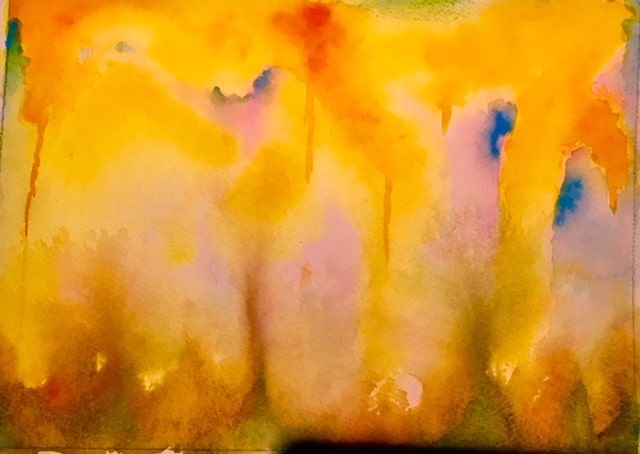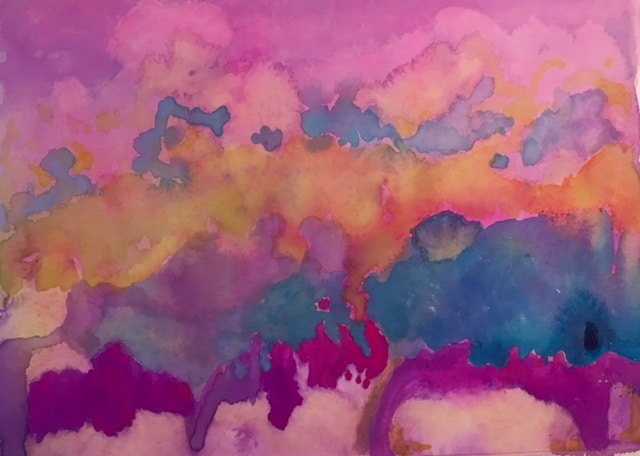Identifying Childhood Trauma – Huntington New York
Facing Childhood Trauma
Do you have fond childhood memories? Think of how many things you learned when you were younger… it’s amazing how impressionable a young mind is. Now, think about any instances you had of childhood trauma. I bet that these memories still seem vivid to you. Your brain is still developing when you’re younger, so it seems like everything in your past meant so much more. Rejection hurt more and victories seemed sweeter. As an adult, you try to lock away these memories of your youth, so that you can make room for your adult life. However, you can’t get ever get rid of these memories. They live in your subconscious. You might think that childhood trauma isn’t a big deal, but it could be the cause of many emotional problems you’re facing in your adult life.
What counts as trauma?
Everyone is different and you might be affected by something more than someone else. For example, when working the steps out in addiction classes they ask you for a root to your addiction. What is some event in your life that broke you, and it’s this even that makes you want to use. Well, many people find that it could be as simple as a divorce from their youth. However, more often than not, many adults were abused in their childhood and they carry those memories with them forever. You can’t survive from childhood trauma and move on without some sort of guidance. Many people choose to ignore their problems, and that’s when they manifest in worse ways. Your brain has a habit of holding onto the negative feelings associated with the trauma of your past, and unless you work through it you will never have closure.
Signs of Trauma
There are some circumstances when you might not remember trauma of your youth. It’s completely normal for your brain to hide memories from you that you find upsetting. There are signs that indicate that you have undergone some form of trauma:
- Addiction and eating disorders
- Trouble going to sleep and staying asleep
- Feeling cold or detached from certain events and environments in your life
- Not handling conflicts well
- Having suicidal ideation
- Fits of rage
- Poor coping skills, and much more.
I think I have suffered from trauma, now what?
The next step for you is to decide whether you want to move past your trauma. If you feel that you are ready to tackle these memories, you should seek out a treatment plan.
If you have symptoms, or feelings, that you lived through trauma it is time to seek help. Herb Cohen is an expert in alternative therapies geared to transform you into a healthier you. He offers various types of therapies, because all patients don’t benefit from the same approaches.

